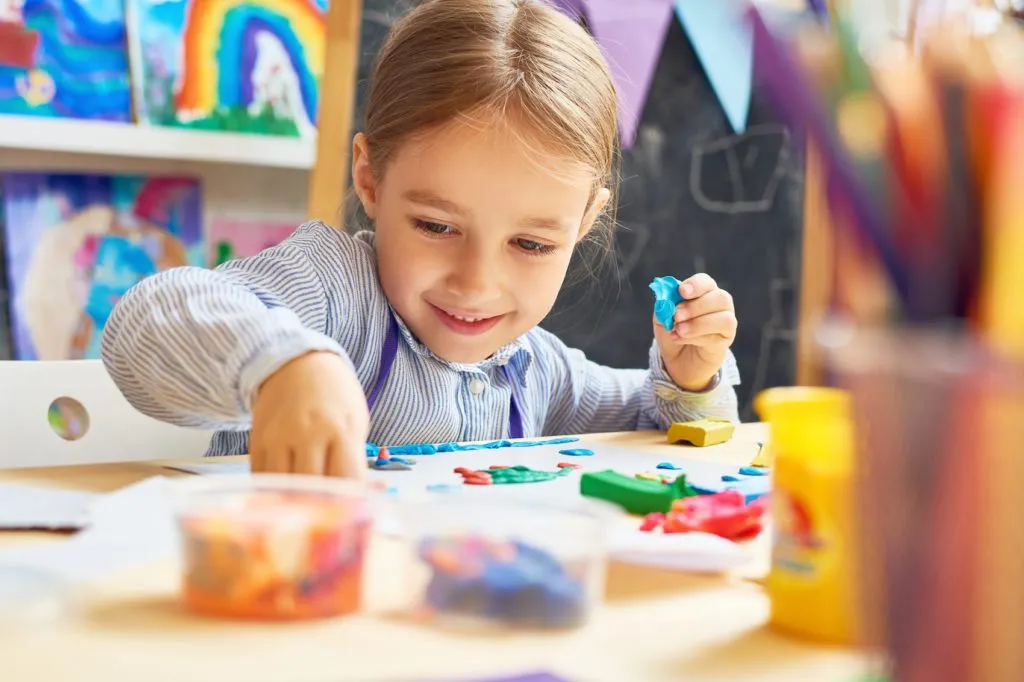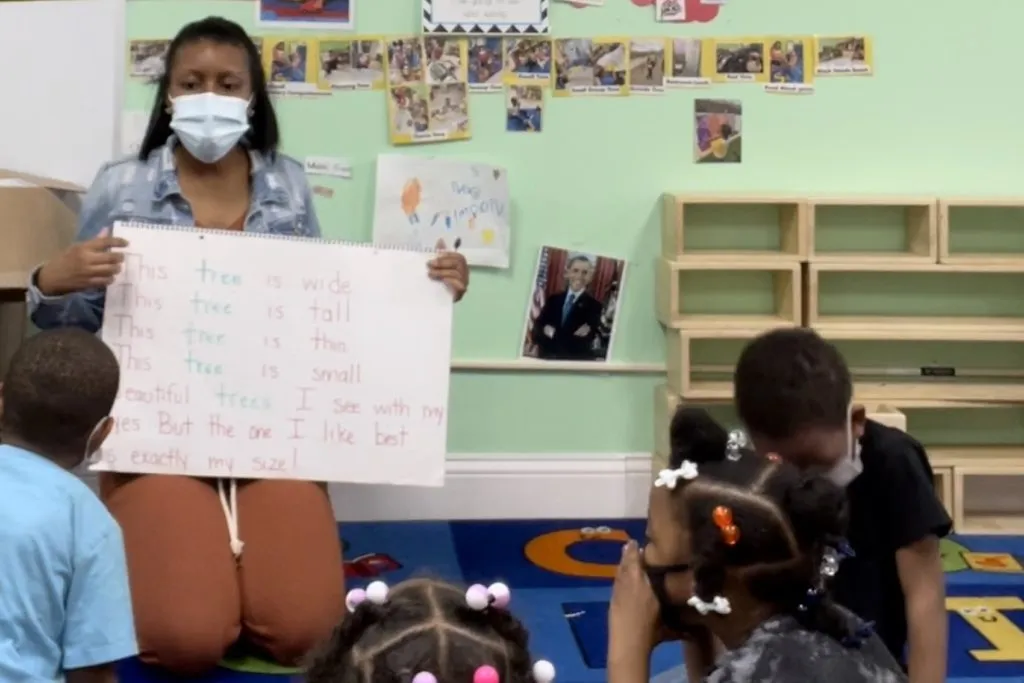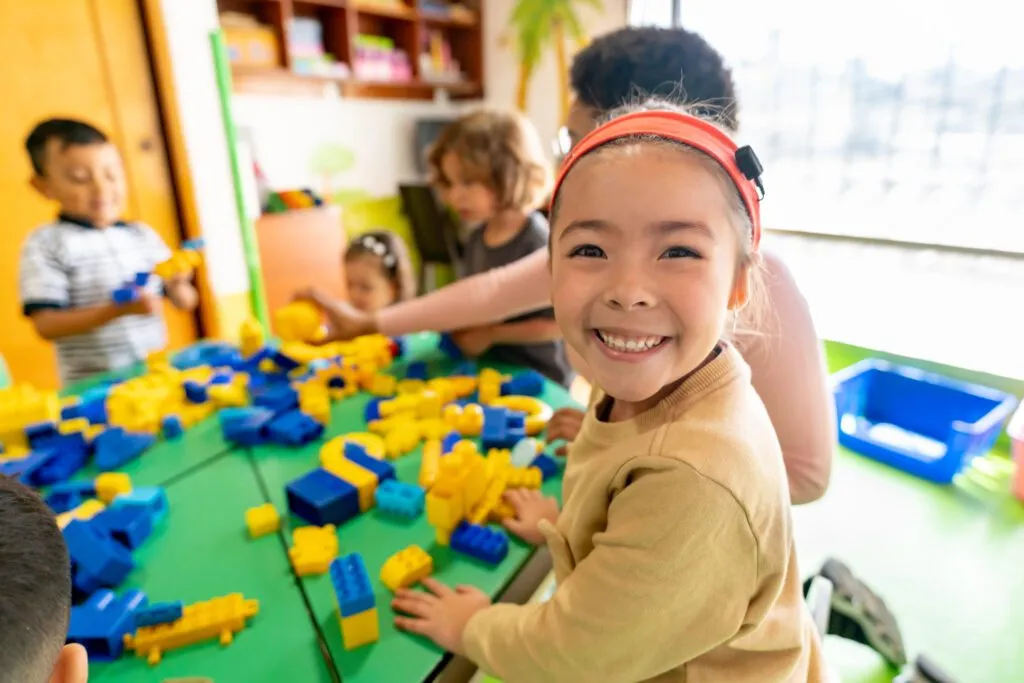The Whole-Child Approach: What Does the Research Say?

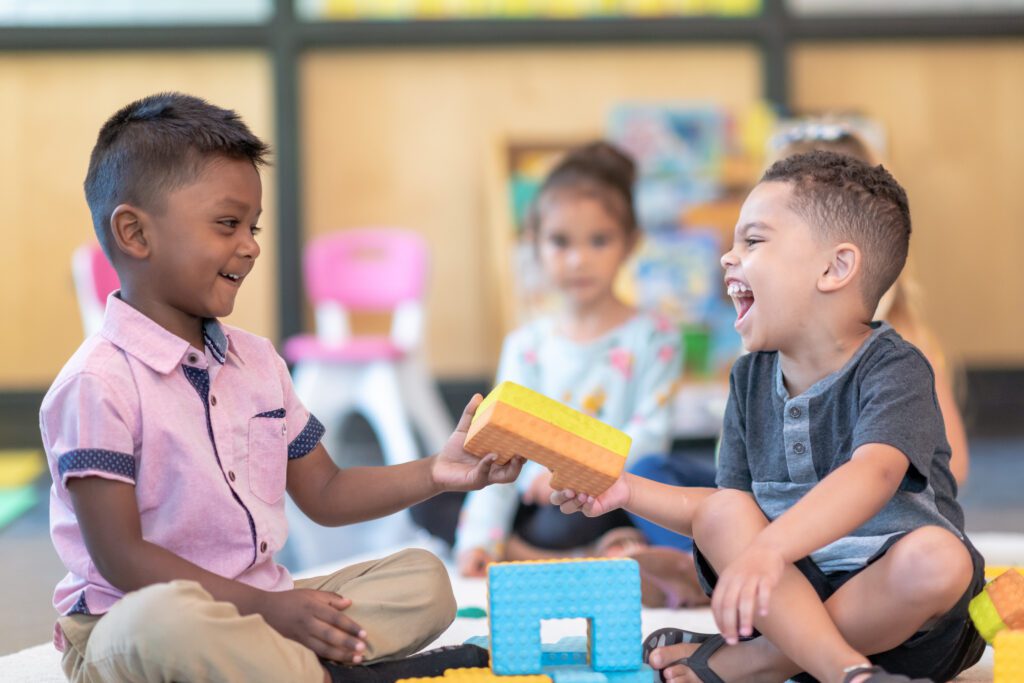
Discussions on how to ensure all children receive high-quality early childhood education can sometimes create a sense of competition between different approaches to teaching. Should a curriculum focus on academic rigor to prepare children for school, or should it be playful and focused on meeting children’s current developmental needs?
However, rather than asking whether early learning should focus on academics or development, research increasingly shows that meaningful learning happens when these elements are intentionally integrated: when we support the whole child (socially, emotionally, physically, and cognitively), children learn more and are prepared to succeed in life.
What Is the Whole-Child Approach?
The whole-child approach is grounded in the understanding that children grow and learn in an integrated way, developing across multiple, interconnected domains. The Center for Whole-Child Education at Arizona State University defines whole-child education as
“an approach that prioritizes the comprehensive development of students. It addresses their academic, social, emotional, physical, and cognitive needs, ensuring that every aspect of a child’s growth is supported.”1
In early childhood classrooms, this means that academic learning, such as math, literacy, and science, is not taught in isolation. Instead, these concepts are embedded within responsive relationships, meaningful experiences, and intentional opportunities that also support social–emotional, physical, language, and cognitive development.
This approach aligns with what we know from developmental science: all domains of development are interrelated and collectively shape children’s learning and long-term success.2
Whole-Child Curriculum as a Component of High-Quality Early Learning
Implementing curricula that intentionally address the learning and development of the whole child is a key component of high-quality early childhood education. In A New Vision for High-Quality Preschool Curriculum (2024), the National Academies of Sciences, Engineering, and Medicine recommend that, among other things, curricula
- address all developmental domains,
- balance child-focused exploration with intentional teaching, and
- respond to the varied ways children learn.3
The report highlights that children benefit from opportunities for peer interaction, exploration, observation, and problem-solving across both child-initiated and teacher-guided experiences. The whole-child approach brings these elements together within the context of warm, responsive relationships, which are foundational for learning at every age.
What Does Research Say About the Impact of a Whole-Child Approach?
A growing body of research demonstrates that practices aligned with the whole-child approach positively influence children’s learning, development, and long-term outcomes.
- Playful, integrated learning supports deeper understanding.
Children who learn through a more playful, integrated approach, rather than narrowly academic ones, are more likely to sustain learning over time, connect new ideas to prior knowledge, and develop deeper conceptual understanding.4 - Foundational skills develop through integrated experiences.
Engaging in playful, integrated learning builds capacities such as working memory, self-regulation, oral language, and social skills, which are critical to continued school success.5 - Relationships shape learning and brain development.
Responsive relationships and interactions “literally shape the architecture of the developing brain and support the integration of social, affective, and cognitive circuits and processes—not only in infancy, but throughout the school years and beyond.”6 - Early relationships lay the foundation for lifelong success.
As the Harvard Center on the Developing Child notes, the quality and stability of early relationships underpin outcomes that matter most: mental health, motivation to learn, academic achievement, social competence, and success later in life.7 - Learning, development, and health are interconnected.
Supportive, responsive relationships in early childhood have a positive influence on lifelong physical and mental health outcomes.8 - High-quality early childhood education leads to long-term benefits.
Participation in high-quality early childhood education is associated with lasting outcomes, including higher educational attainment, improved health, reduced involvement with the criminal justice system, and increased earnings in adulthood.9
Academics and the Whole Child Go Hand in Hand
For decades, early childhood education has been framed as a choice between an “academic” approach and a “whole-child” approach. Research makes clear that this is a false dichotomy. High-quality early learning requires both.
Strong curricula that build school readiness in academic areas such as literacy and math are most effective when they are intentionally embedded within a developmentally appropriate, whole child framework.
The “How to Choose a Preschool Curriculum” brief from the National Institute for Early Education Research emphasizes that high-quality preschool curricula should
- address all developmental domains
- provide opportunities for child choice and initiative
- build domain-specific knowledge and skills.10
This guidance is echoed in NAEYC’s “Developmentally Appropriate Practice Position Statement,” which recommends that early childhood programs support learning across all domains of development (physical, social, emotional, cognitive, linguistic, and general learning competencies) while also intentionally addressing academic areas such as literacy, math, science, social studies, the arts, and health.2
When educators focus on the whole child, they are not stepping away from academic learning. They are creating the conditions that make deep, meaningful, and lasting learning possible.
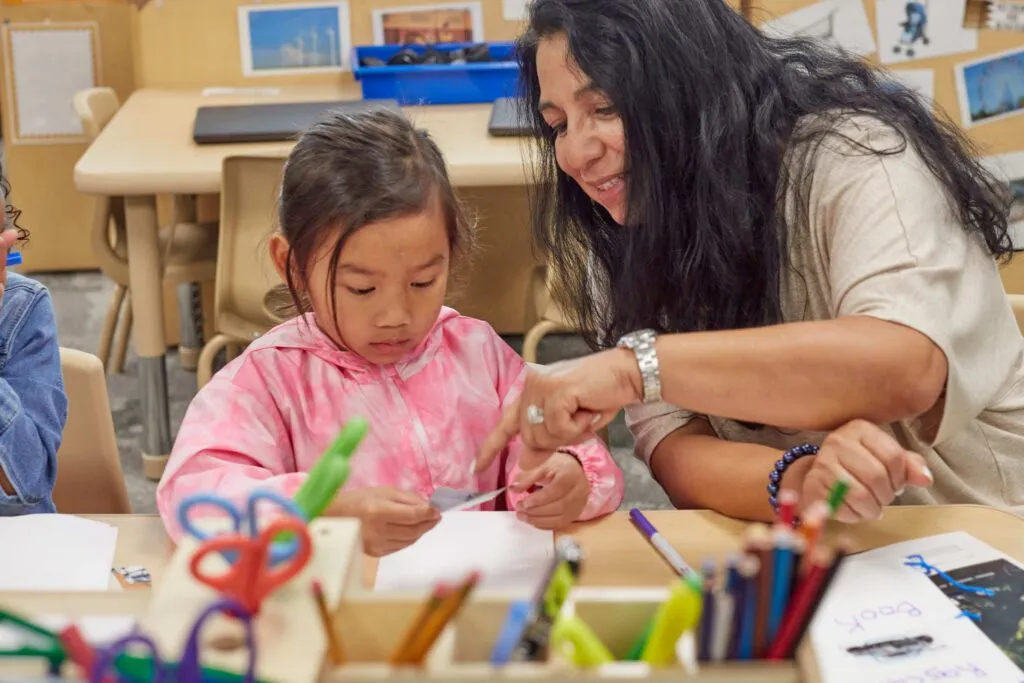
An Early Childhood Educator’s Guide to a Whole-Child Approach
Dive deeper into whole-child education with this free eBook, covering everything you need to know for children aged three to six years old.
References
- Center for Whole-Child Education, Mary Lou Fulton Teachers College at Arizona State University. (n.d.) What is whole-child education?.
- National Association for the Education of Young Children (NAEYC). (n.d.). Developmentally appropriate practice (DAP) position statement.
- National Academies of Sciences, Engineering, and Medicine. (2024). A new vision for high-quality preschool curriculum. Washington, DC: The National Academies Press.
- Parker, R., Thomsen, B. S., & Berry, A. (2022). Learning through play at school – A framework for policy and practice. Frontiers in Education, 7.
- Yogman, M., Garner, A., Hutchinson, J., Hirsh-Pasek, K., & Golinkoff, R. M. (2018). The power of play: A pediatric role in enhancing development in young children. Pediatrics, 142(3), e20182058.
- Learning Policy Institute and Turnaround for Children. (2021). Design principles for schools: Putting the science of learning and development into action.
- Harvard Center on the Developing Child. (2025). Mattering in early childhood: Building a strong foundation for life.
- National Scientific Council on the Developing Child. (2020). Connecting the Brain to the Rest of the Body: Early Childhood Development and Lifelong Health Are Deeply Intertwined. Working Paper.
- Schoch, A.D. , Gerson, C. S., Halle, T., & Bredeson, M. (2023). Children’s learning and development benefits from high-quality early care and education: A summary of the evidence. OPRE Report #2023-226. Office of Planning, Research, and Evaluation, Administration for Children and Families, U.S. Department of Health and Human Services.
- Barnett, W. S., & Espinosa, L. M. (2025). How to Choose a Preschool Curriculum. Policy Brief. New Brunswick, NJ: National Institute for Early Education Research (NIEER).
